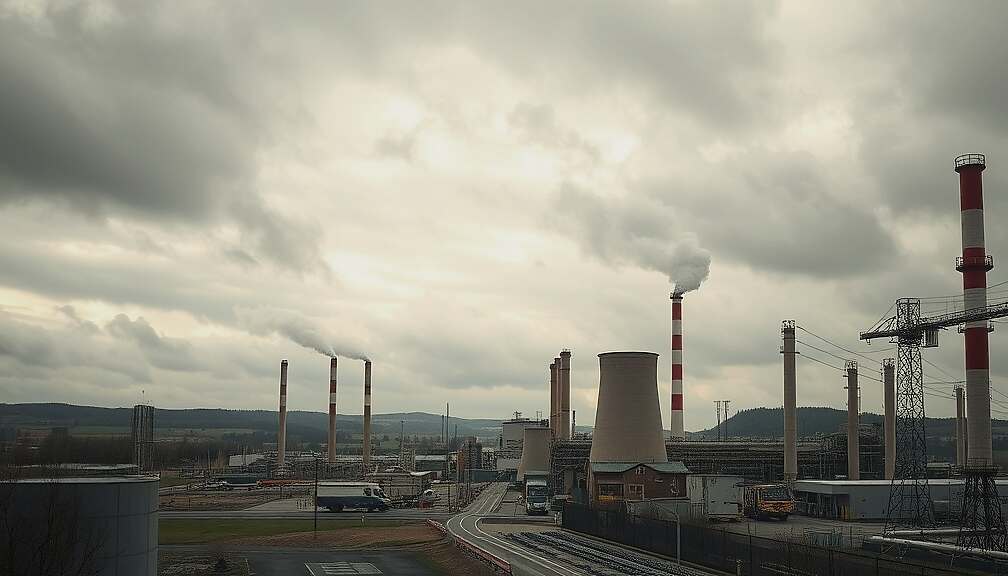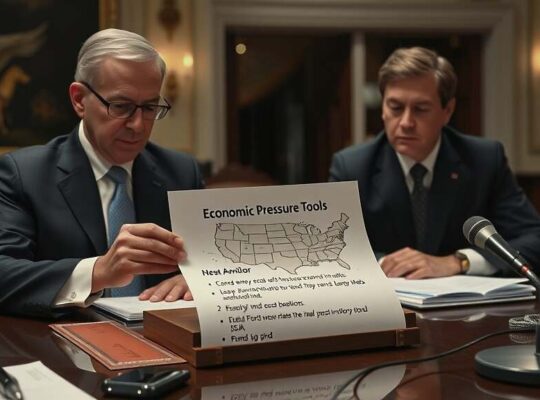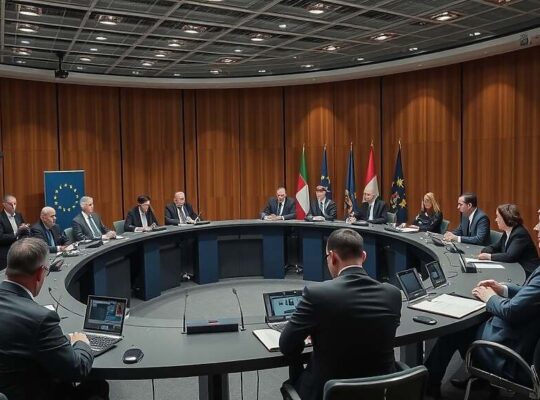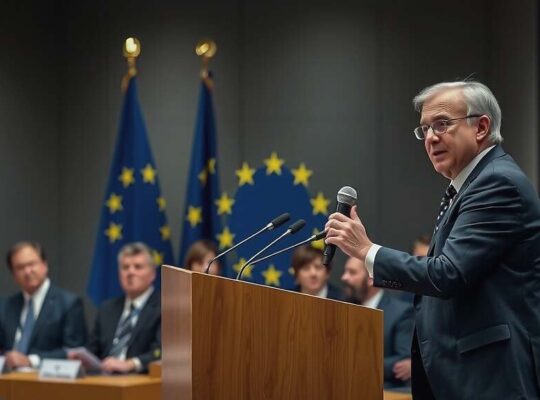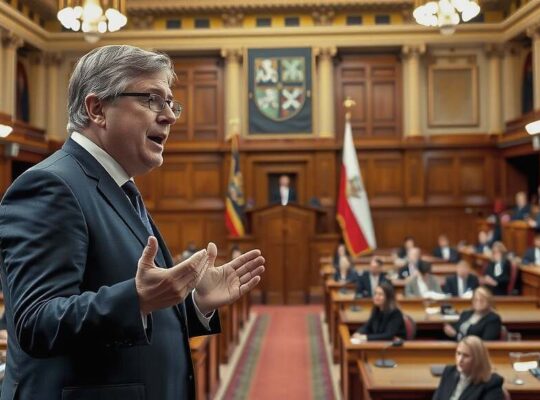The European Union moved closer this week to severing its reliance on Russian gas, with member states overwhelmingly approving a phased-out import ban scheduled to be fully in effect by the end of 2027. The decision, reached at a meeting of EU energy ministers in Luxembourg, represents a significant escalation in the bloc’s efforts to reduce its dependence on Moscow, but also exposes potential fissures within the Union.
According to sources familiar with the proceedings, Slovakia and Hungary voiced dissent, ultimately being outvoted on the proposed legislation. The ban itself will formally take effect on January 2026, although a series of transition periods are built in to accommodate existing contractual obligations. Short-term agreements finalized before June 2025 can remain in effect until June 2026, while longer-term contracts are permitted to run until January 2028. These transition periods, while intended to mitigate immediate economic disruption, are drawing criticism from some quarters who argue they dilute the overall impact and signal a lack of resolve.
“An energy-independent Europe is a stronger and safer Europe” stated Danish Minister for Climate, Energy and Utilities, Lars Aagaard, in a statement following the decision. However, Aagaard also acknowledged the ongoing challenges, conceding that Europe remains “not yet at the destination” in its efforts to wean itself off Russian fossil fuels. The Danish presidency’s success in securing the overwhelming support of EU energy ministers for the outright ban underscores the political complexity of the issue and the significant lobbying efforts undertaken to achieve consensus.
The legislative framework, now awaiting negotiation with the European Parliament, seeks to tightly control any modifications to existing contracts, restricting them to narrowly defined operational needs and explicitly prohibiting increases in volume. Critics argue this stringent approach risks creating legal challenges and hindering the development of alternative energy sources if not carefully implemented. Furthermore, the reliance on transition periods, while pragmatic, raises questions about the EU’s commitment to rapid decarbonization and its capacity to navigate the potential economic and geopolitical consequences of a sudden energy shift. The upcoming parliamentary negotiations are expected to be pivotal in determining the final shape and effectiveness of this landmark policy and may reveal deeper divisions regarding the speed and scope of Europe’s energy independence.


